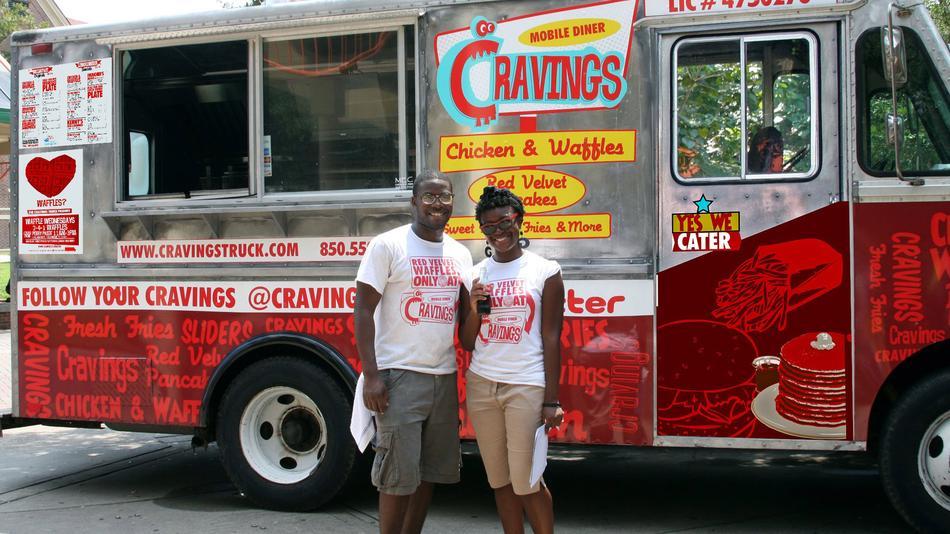Rural communities looking for ways to better their local economies and improving quality of life might find food trucks or carts, as some regard them, a formidable niche. Demand, convenience, low overhead, variety, and mobility are all components of this economic opportunity needed for rural communities.
Food carts are not a new phenomenon. In cities across the nation they have aligned streets to meet the demand for fast, yet more “desirable” foods. The types of foods offered, have grown beyond hotdogs and ice cream. Fresh, gourmet, organic and healthy food trucks have grown in popularity, and have added to their demand as an economic development strategy. More times than not, eating establishments with national or popular brands find investing brick and mortar in rural communities cost prohibited. Making a business case to invest is not possible. However, access to a variety of food choices is still a need. Taking a look at the role food trucks can play in strengthening local economies is worth the effort. Making food trucks an intentional consideration of a larger plan as a small business in local communities, makes sense. If you consider the employee needs of larger businesses and companies to include your busier areas that exist in rural communities, their willingness to “invite” such enterprises on their premises to provide eating options is such an example.
There are however, brick and mortar establishments with heavy investments poured into defining their niche. Once, food carts held a disparaging disposition among such eateries. Today, their position is changing. They believe such small enterprises can inspire them to be better at what they do, as well as draw more attention to the need for more varied food options. Proximity is also less of an issue. Food trucks attract people to retail places that might not be flourishing. Providing parking space for a food truck is a win-win. By 2017, they are projected to be a 2.7 billion-dollar business.
Options for food should not be restricted simply because of where you live. The idea of eating options makes sense, even in small rural communities. Improving community livability scales can receive a shot in the arm because of this. Food trucks would be an enhancement adding needed value to the food culture of small towns while at the same time, creating a “new” base for economic development.
Operating a food truck with its startup cost is less expensive than brick and mortar. And, when integrating multimedia platforms to the business plan, the potential for success escalates. Helping potential mobile vendors get started and achieve success using traditional strategies enhanced by iPhone, Facebook, Twitter and other media platforms, is worth it. Rural business strategist and economic developers, vetting this one, should push and push hard.
